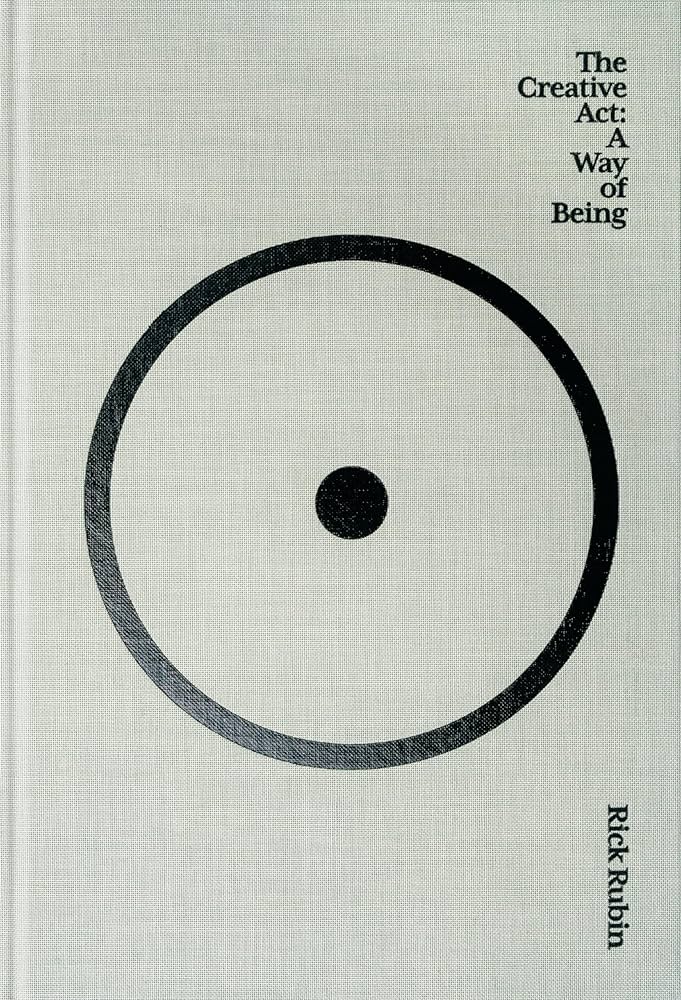Implications (Purpose)
byImplications of seeking meaning often lead individuals to question why they engage in their chosen activities, whether artistic, professional, or personal. Some embark on this introspective journey early in life, striving to uncover a definitive purpose behind their pursuits, while others never question it, accepting that action and interpretation are distinct processes that don’t always require alignment. This chapter examines the implications of assuming that every creative endeavor must have a clearly defined purpose, highlighting how our perception of intention and meaning is often more constrained than we realize.
Rather than fixating on identifying an explicit reason behind every action or creation, the text encourages embracing and valuing the work itself, independent of the rationale behind it. The motivations that drive people to create can be obvious or deeply obscure, varying from one person to another and even shifting over time. What was once pursued for one reason may later be appreciated for an entirely different one, demonstrating that the meaning of an act or creation is fluid rather than fixed.
Creative work does not always need justification; its worth is not necessarily tied to the clarity of its purpose. The simple joy of bringing an idea to life can be enough, reinforcing the notion that satisfaction in creativity does not require external validation or an overarching mission. In many ways, the expectation to define and defend a reason for creating can impose unnecessary pressure, dampening the natural curiosity and spontaneity that often fuel the best work.
History is filled with examples of artists, inventors, and thinkers who initially lacked a grand explanation for their work, yet their creations gained immense significance over time. Vincent van Gogh painted not because he knew his work would be revered but because he felt compelled to express himself through art, despite facing rejection throughout his lifetime. Similarly, many scientific discoveries emerged not from an immediate and deliberate search for a specific outcome but from an innate desire to explore and experiment, leading to groundbreaking insights long after the initial curiosity-driven pursuit.
Allowing work to exist on its own terms, without demanding it serve a clear function, opens the door to unexpected possibilities. A piece of art, a song, or even a fleeting moment of inspiration may hold meaning in ways the creator never anticipated, resonating with others in profound and unpredictable ways. By relinquishing the need to predefine the value of one’s work, artists and creators grant themselves the freedom to evolve, unbound by rigid expectations.
The pursuit of purpose, while valuable in many contexts, does not always need to dictate creative expression. Sometimes, the mere act of doing—of writing, painting, composing, or building—is its own reward, independent of any overarching narrative. This perspective shifts the focus from justification to experience, allowing individuals to immerse themselves fully in the creative process without the burden of explaining why.
Liberation comes in detaching from the expectation that every action must serve a grander scheme or meet a predetermined purpose. When people create out of passion or curiosity, their work becomes meaningful simply because it exists and has been brought into reality. By adopting this mindset, individuals can free themselves from the constraints of over-analysis, embracing the simple yet profound truth that creation itself is enough.
Ultimately, the chapter suggests that fulfillment does not always come from identifying a reason behind every pursuit but rather from the act of engaging with the work itself. Whether or not a deeper purpose is ever discovered, the value lies in the experience, the process, and the moment of creation. In relinquishing the need for a definitive “why,” creators can open themselves to the boundless possibilities that emerge when work is allowed to unfold naturally.


